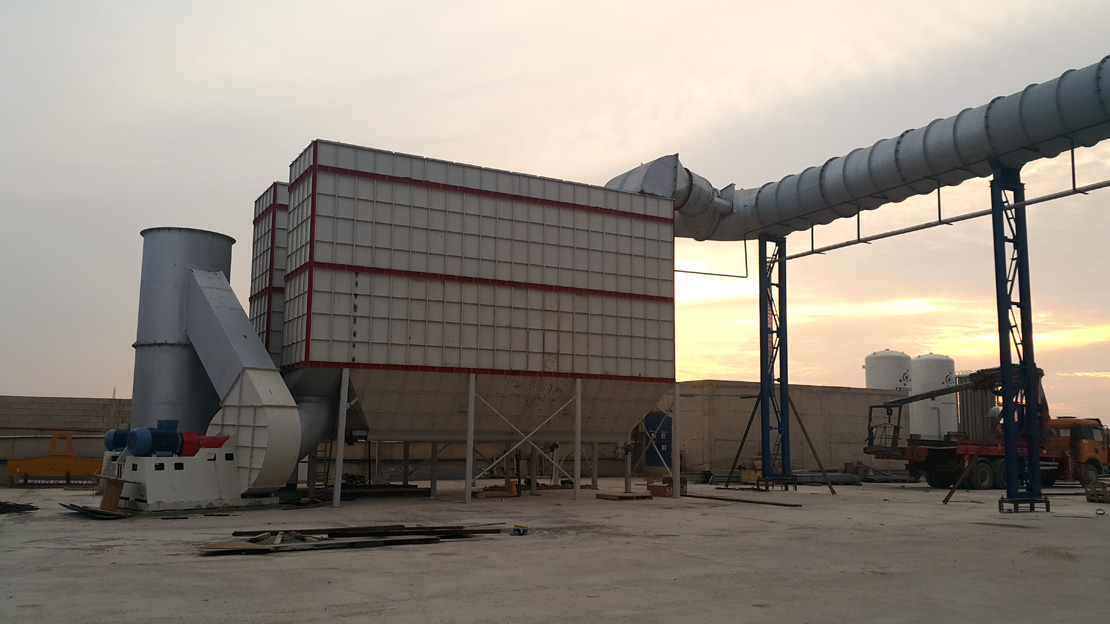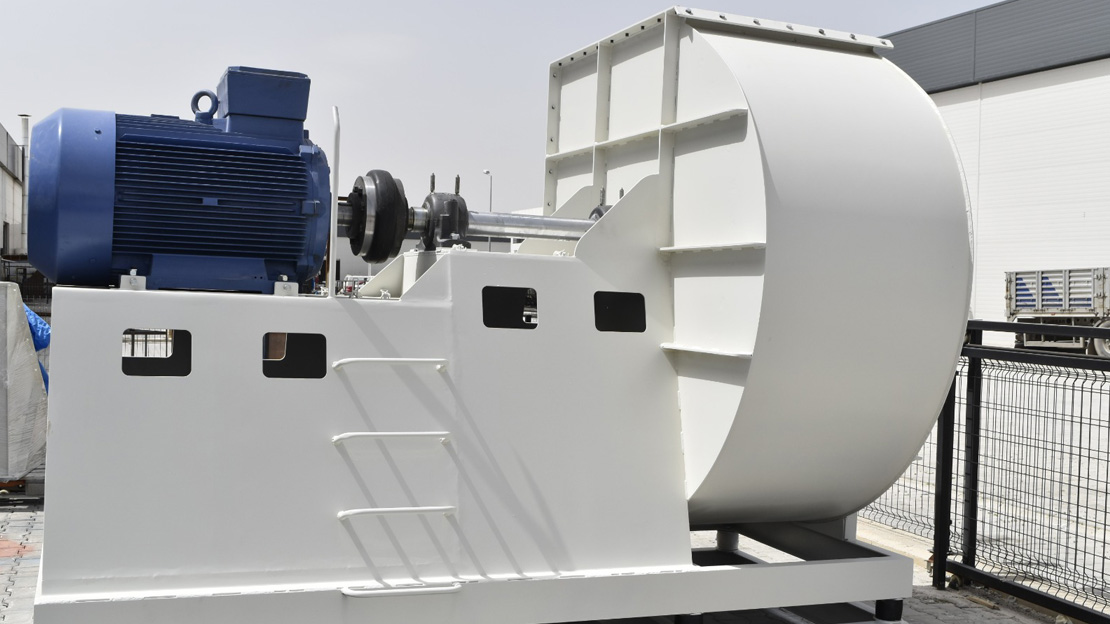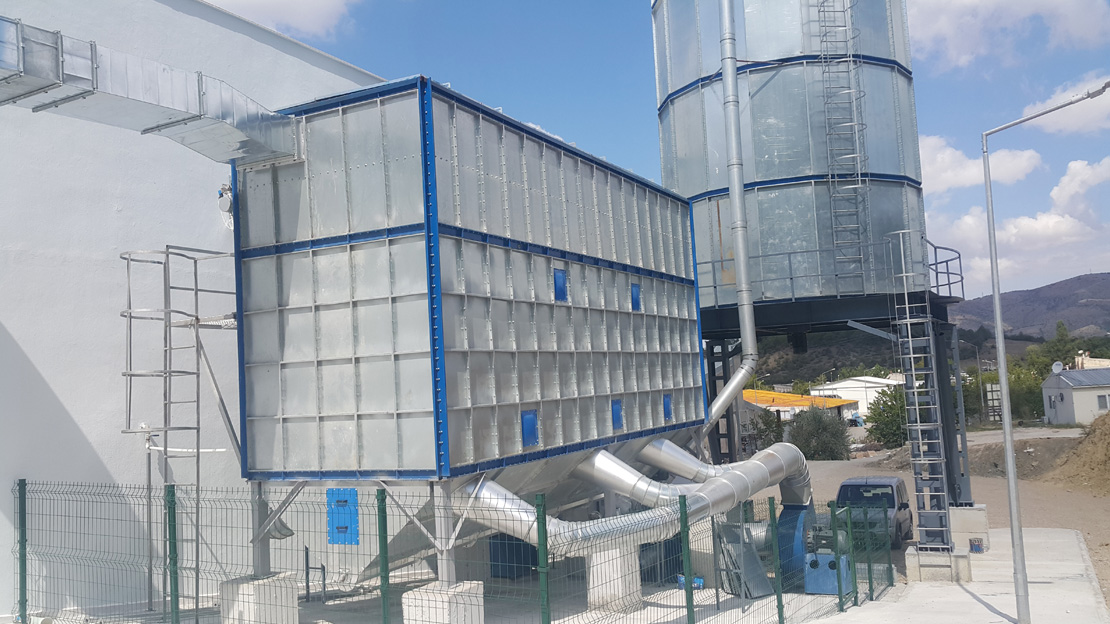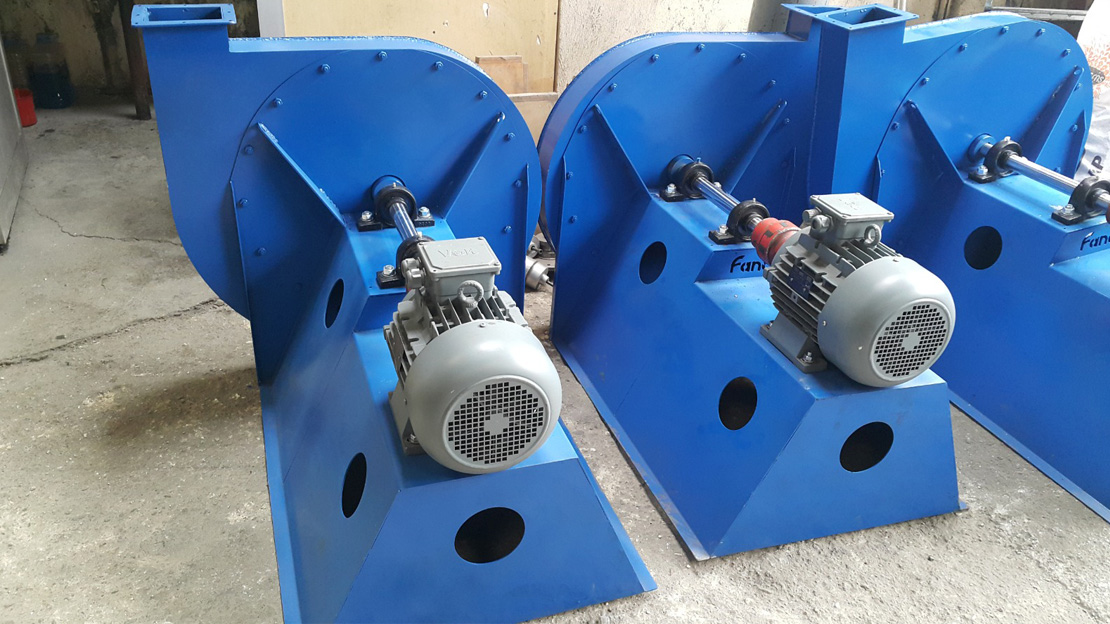




pvc welding properties rubber welding is the process of joining softened thermoplastic surfaces using heat. when compatible thermoplastics are exposed to heat, they form a molecular bond that later leads to plastic formation. during production, you must press surfaces, subject them to heat and pressure, and then cool. the heating techniques used are responsible for the different types of plastics available. apart from the chosen welding method, there are more factors that determine the quality of the plastics produced. for example, how much can base materials be welded? before starting the welding procedure, take the time to examine whether the base materials are flexible enough to produce the end product you want. plastic production is inevitable as it is widely used all over the world, from the simple to the sophisticated. examples of simple plastics are disposable cutlery, vinyl toys, and lightweight storage boxes. advanced forms include medical equipment, internet cables, and construction pipes. basic steps used in pvc welding creating a perfectly blended plastic can be painstaking work, especially if you're a beginner. however, this can be easily accomplished by following the steps outlined below. 1. start by cleaning and setting up the workspace set up your work area in a well-ventilated area: the first step in any welding job is to protect yourself. before starting work, wear protective clothing and make sure you are in a well-ventilated area. wear long sleeves and heat resistant gloves for protection.
remove any residue from the plastic by washing with soap and warm water: removing all foreign matter from the plastic eliminates any weak spots during welding. after washing the plastic, you should dry it with a clean or lint-free cloth. use a liquid solvent to remove stubborn stains from plastic. among the best liquid solvents to use is methyl ethyl ketone (mek). label the plastics you choose correctly: ıf you examine the plastics around you, you will notice that each has a separate letter. these letters are identifiers for the type of plastic they are. for example, the letters pp stands for polypropylene, pvc stands for polyvinyl chloride and pe stands for polyethylene. these letter identifiers should be the basis for choosing the best bar to fit the particular type of plastic. for example, if you are joining polyethylene, you will need a polyethylene rod.
Bu site çerezler kullanır. Sitede gezinmeye devam ederek çerezlerimizin kullanımını kabul etmiş olursunuz.
Daha fazlası